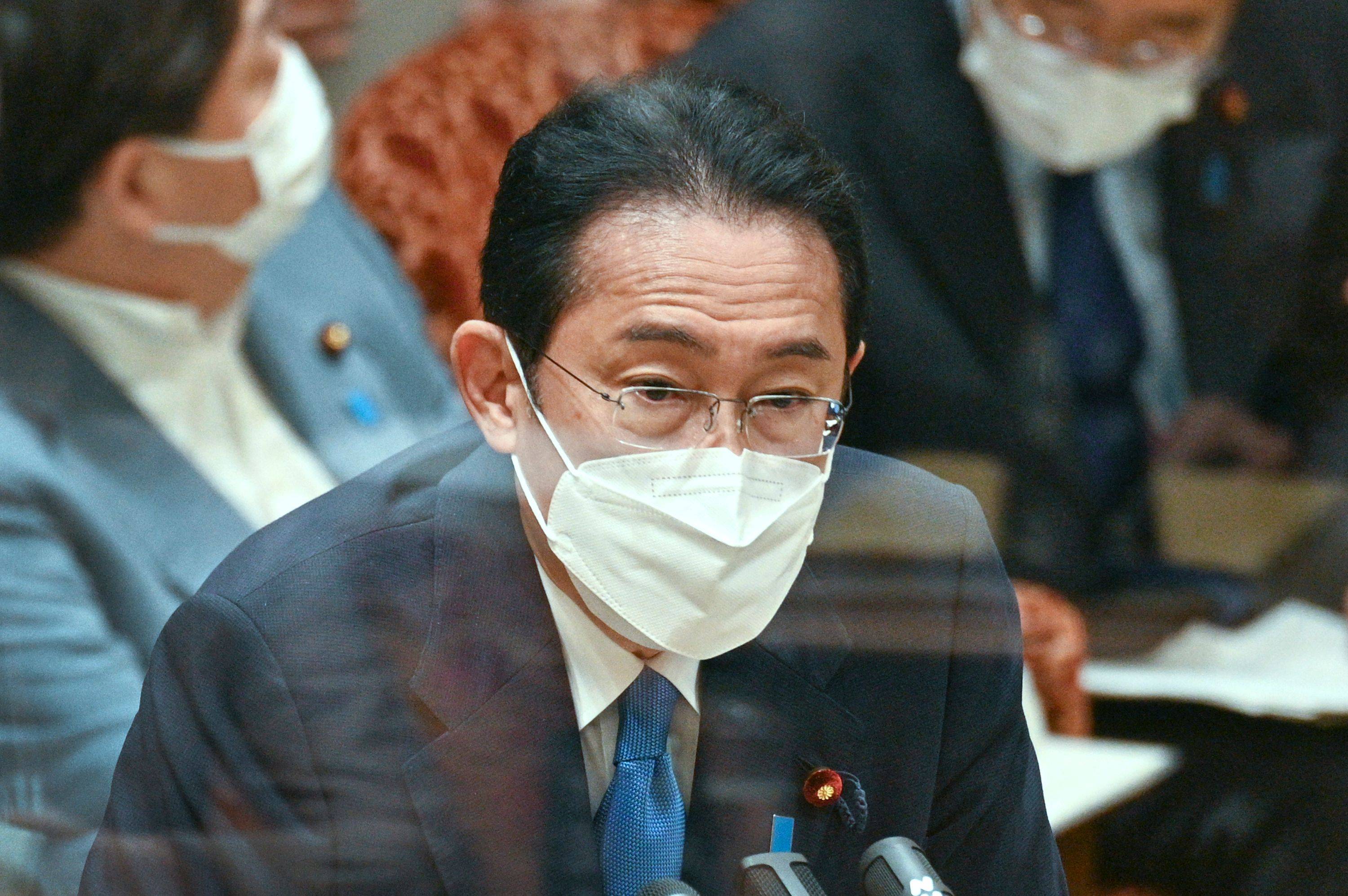Amid growing concern that inflation will drag down Japan's economic recovery, parliament on Tuesday approved an extra budget designed to assuage the impact of soaring prices for oil and other commodities.
The entire ¥2.7 trillion ($21.13 billion) budget, which will be financed by government bonds, is being directed toward a ¥6.2 trillion emergency relief package put together by the administration of Prime Minister Fumio Kishida to fend off rising prices. The Russia-Ukraine war has intensified global inflation, while the yen’s value has nosedived in the past few months, inflicting the additional burden of higher import costs.
About ¥1.17 trillion of the supplementary budget, for example, will continue to fund a subsidy program for oil wholesalers to curb gasoline, light oil, heavy oil and kerosene prices.


















With your current subscription plan you can comment on stories. However, before writing your first comment, please create a display name in the Profile section of your subscriber account page.